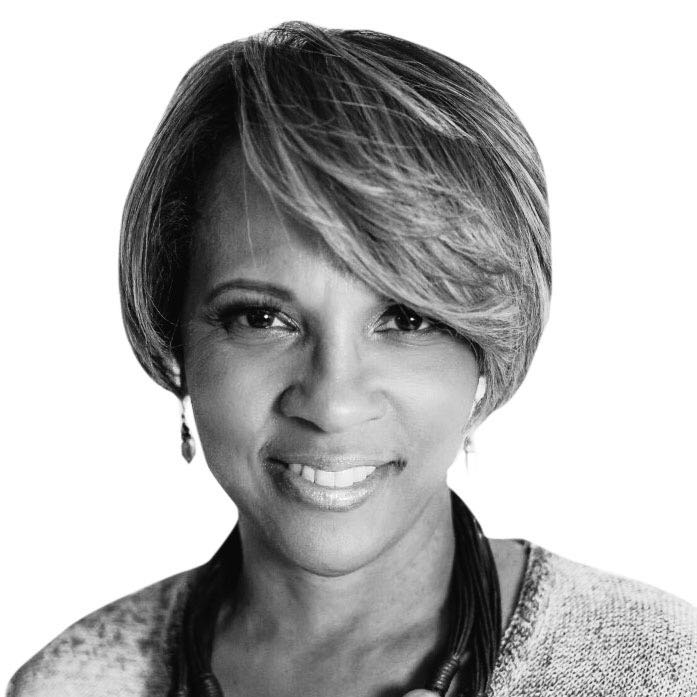Never mind asking if America is ready for her—it appears that the Democratic party is not ready for her.
The “her”, of course, is the powerful, smart, savvy 54-year-old black female senator from California who knows how to land a punch.
It’s hard to remember that power now, as Kamala Harris has fallen behind South Bend Indiana Mayor Pete Buttiegeg and even former Texas congressman Beto O’Rourke in some polls. This is the same Harris whom 22,000 people cheered for when she announced that she was running for president this past Martin Luther King Day.
ADVERTISEMENT
But after her breakout debate performance in June, when she finally had a chance to be on stage with Joe Biden and shellacked him on his past stance on busing, Harris has struggled to find her voice, and her place in the Democratic field. It didn’t help when her long-time colleague, friend and fellow California senator, Dianne Feinstein, chose last week to back Biden, who she said “will continue the fight to restore the soul of the nation from the Oval Office.”
I could write a book on the power dynamics at play between Harris and Feinstein, who quipped in January that “I’m a big fan of Sen. Harris, and I work with her. But she’s brand-new here, so it takes a little bit of time to get to know somebody.” Fenistein’s press secretary later added that the senior senator certainly likes her junior colleague, saying, “Oh, I love Kamala.”
This is vintage older woman: looking at younger woman who she feels has not sufficiently paid her dues and working to undercut her success, while supporting a man of her own generation instead. Feinstein aside, Harris has real challenges. Why for example, is Joe Biden beating her handily in South Carolina, which has a very large black population? And where are black women, who will play a huge role in who gets elected to the White House in 2020?
For now, the answer seems to be that Harris just has not connected with the progressive wing of the Democratic party in the same way that Warren has, and that both are dealing with an idea that women confront continually—that there is only room for one successful woman, if that, in the room.
We all know that in 2016, 53 percent of white women in America who voted did not support Hillary Clinton for president over inexperienced, credibly-accused-of sexual assault, caught-on-tape-bragging-about-grabbing-women’s-genitalia, first-time candidate Donald J. Trump. As for the black community, Harris has been marred with taunts about her record as a prosecutor and the seemingly disproportionate impact it had on incarceration rates for black men in California. And that's not to mention prosecuting people for marijuana use, while admitting she smoked it herself.
The debate Tuesday night might be Harris’ last best chance to make her case. Here’s what she can try to do and get back in the race:
1) Harris lost a lot of credibility by backtracking on her Medicare For All plan. She has to make a decision and sell it to the public. If you support single payer, say that. If you don’t, say that.
2) Harris needs to stop emphasizing she will “prosecute” people. She is not running to be America’s prosecutor-in-chief, but America’s commander-in-chief, CEO, and moral compass.
3) Finally, Harris needs to start drawing real contrasts between herself and Warren. Not her and Biden, Beto, or Booker. She has to tell America what she is for, and how she plans to implement her vision. Warren has a plan for everything. Harris needs a plan people can connect to.
If her campaign falls short, I believe Harris will be on the short list for vice president—though, as I said, it may be hard for Warren, should she become the nominee, to offer an all-female ticket to a country that has never had a woman serve as president or vice president . If Biden limps to the nomination, I think Harris is an ideal choice. Black, female, California money.
I am not counting her out, yet, but time is running short.
Whatever happens, Harris’s campaign is historic. A black woman made it, if only for a moment, nearly to the top of the party’s field.






